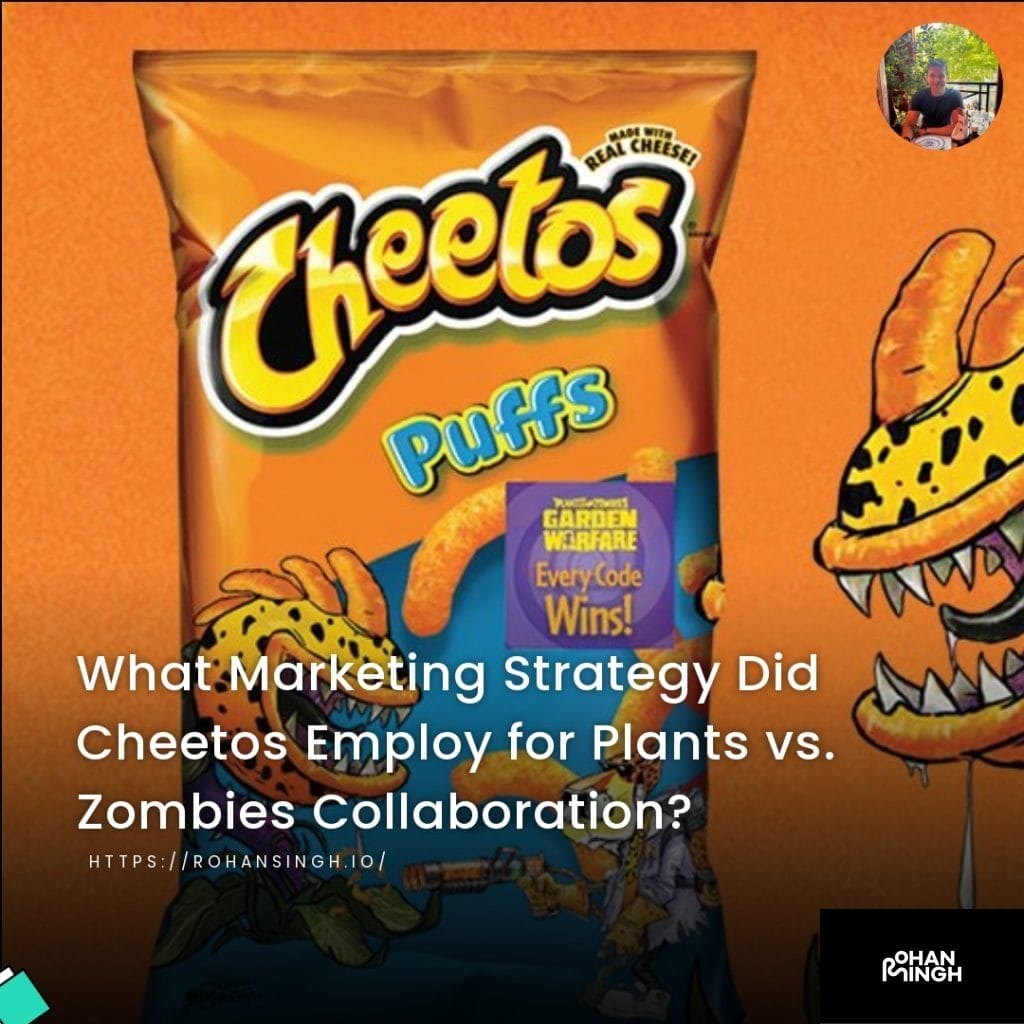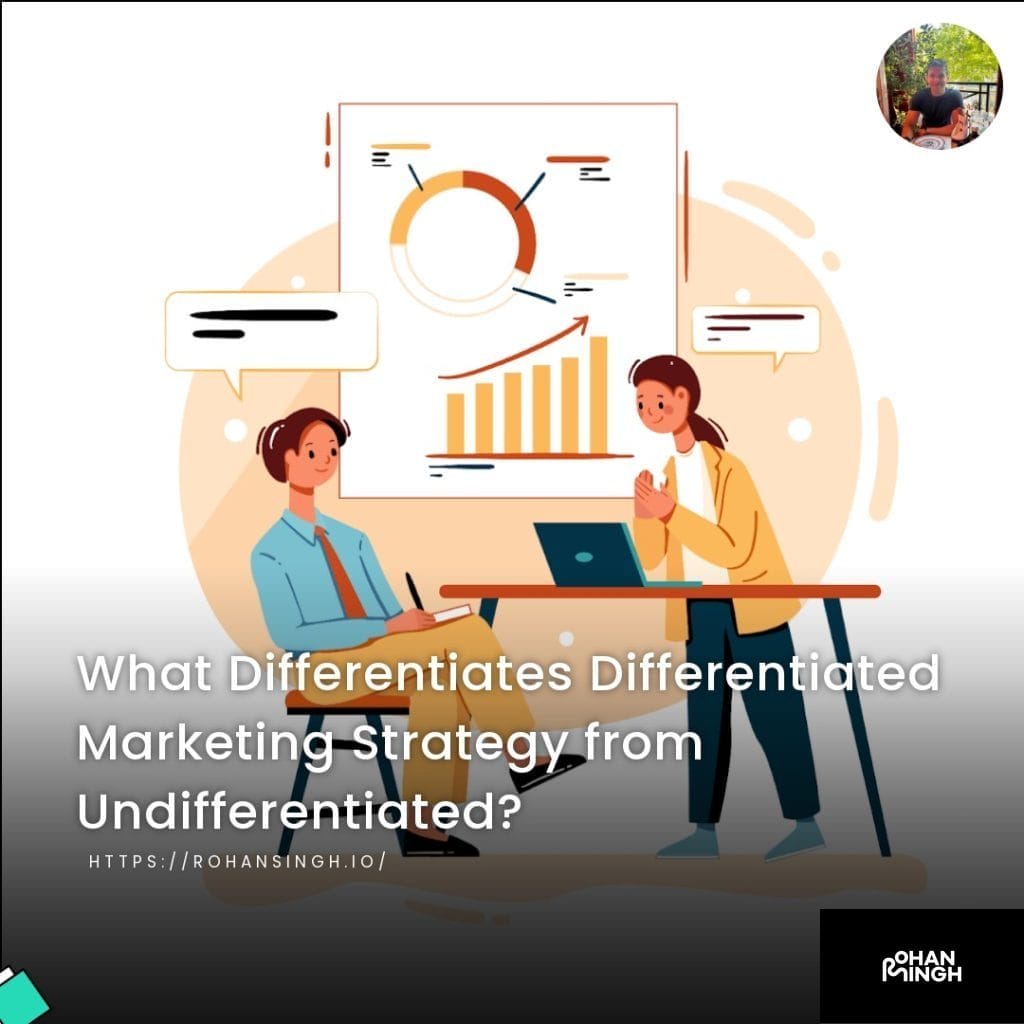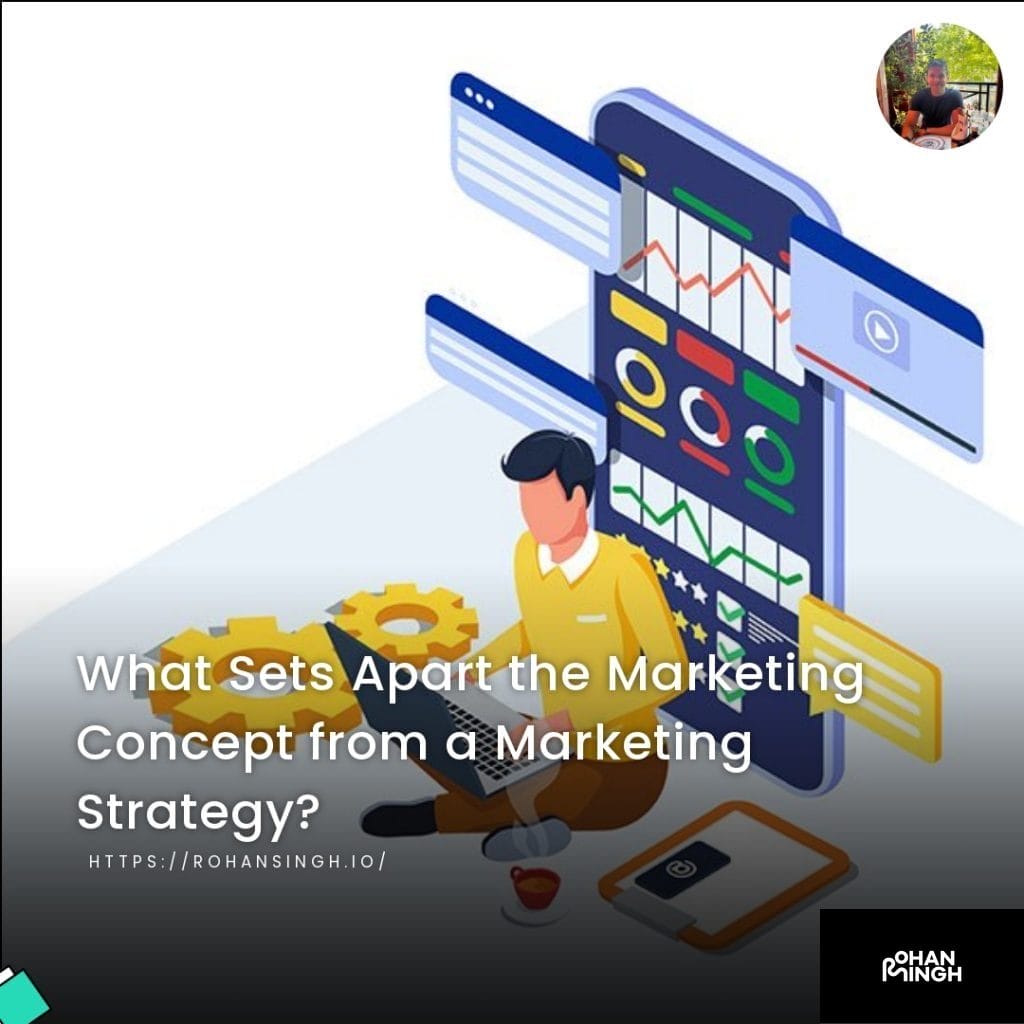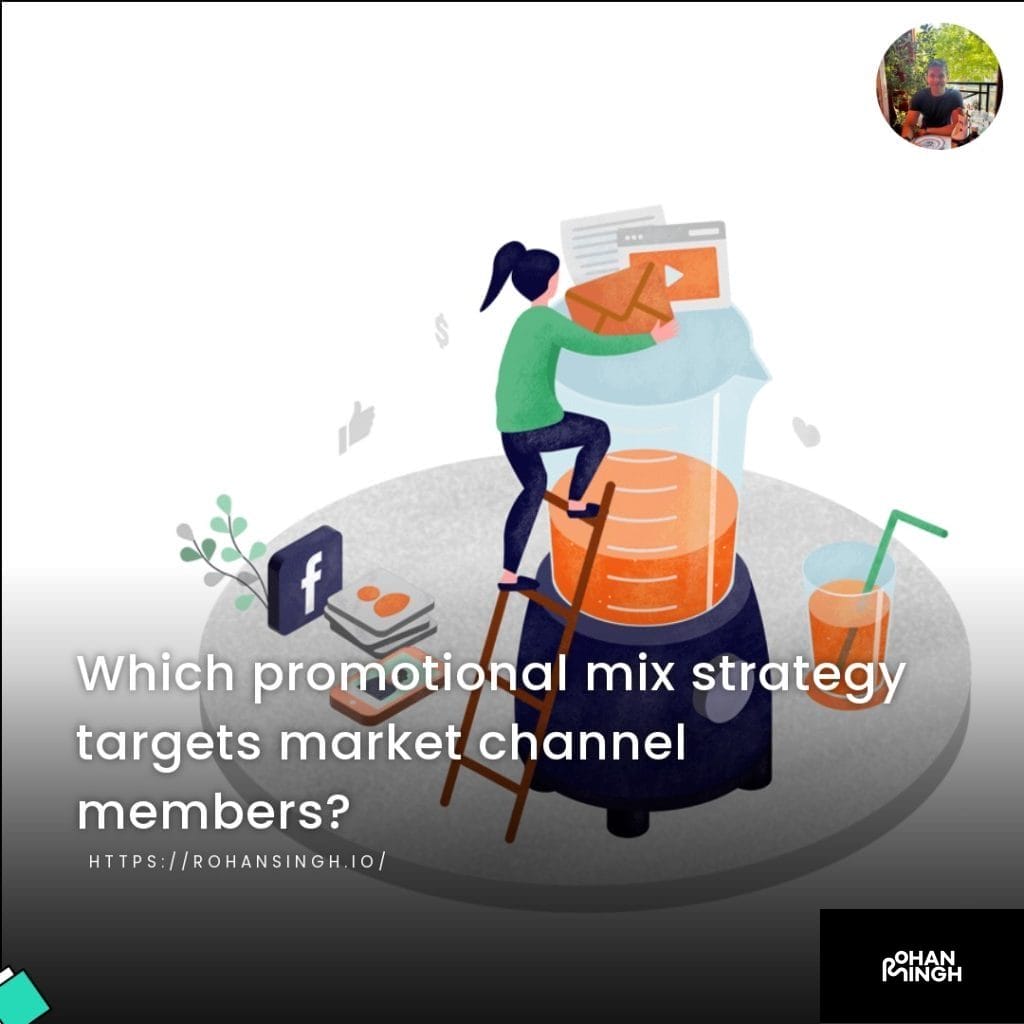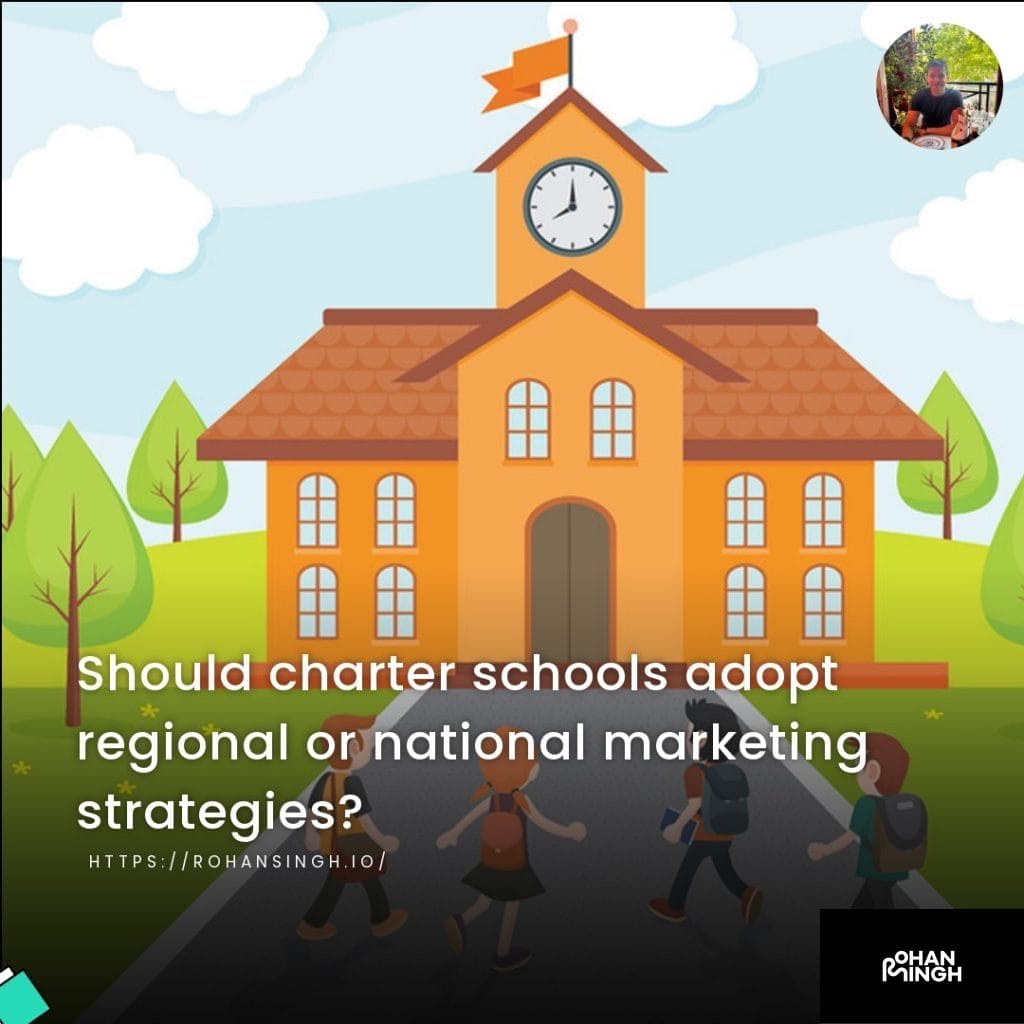How Can AI Marketing Feel More Human and Less Machine?
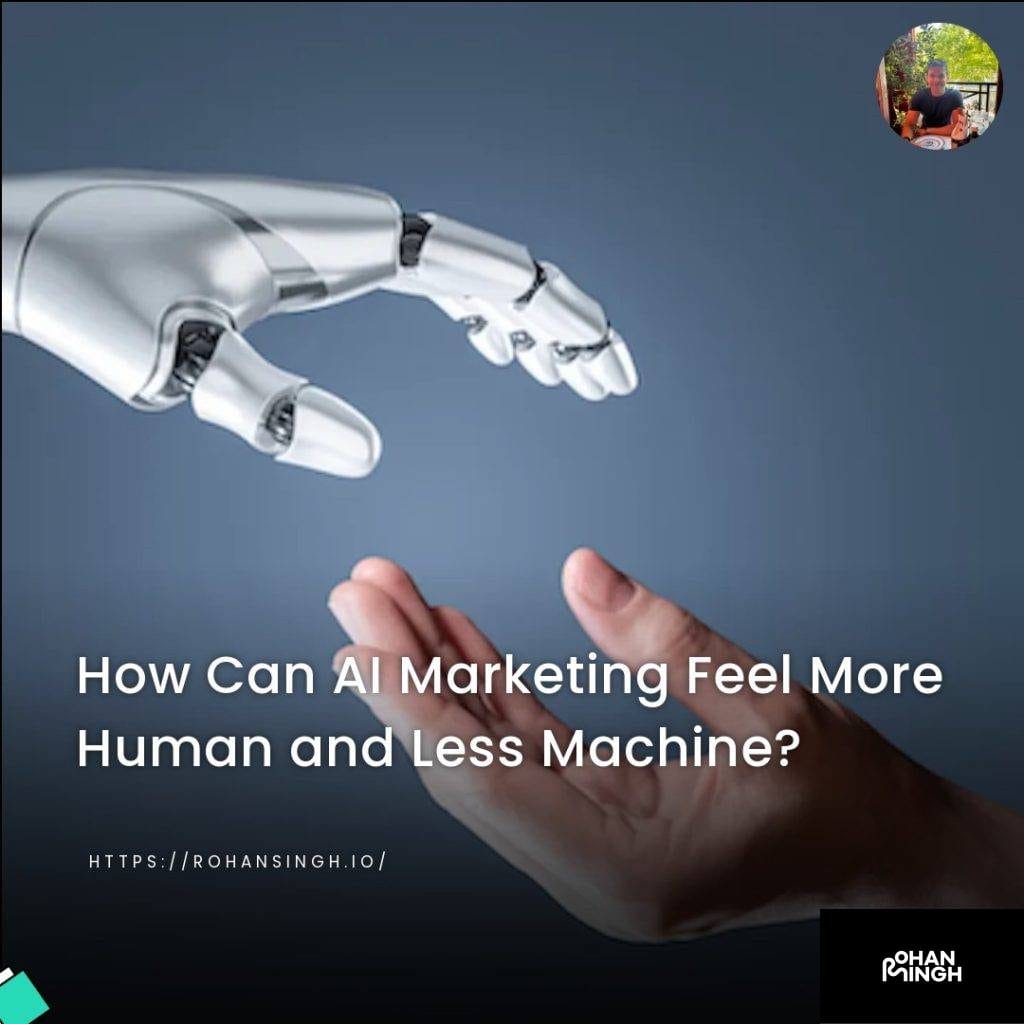
What is AI?
Artificial Intelligence (AI) has emerged as a game-changer in various industries, including marketing. AI technology refers to the development of computer systems that can perform tasks that typically require human intelligence. From generating compelling content to understanding customer behaviors, AI is revolutionizing the way businesses approach marketing strategies. While it might seem challenging to incorporate AI in marketing without sounding robotic, there are effective ways to leverage this technology while maintaining an authentic, human touch. In this article, we will explore how to use AI for marketing without sacrificing the personalization and emotional connection that human-written content provides. Let’s dive in!
Table of Contents
ToggleAI is a branch of computer science that focuses on creating intelligent machines capable of mimicking human intelligence and behaviors. These machines can learn from vast amounts of data and adapt to new information, allowing them to perform tasks that require cognitive abilities. AI encompasses various technologies, including machine learning and deep learning algorithms, which enable computers to process and analyze data to make predictions or decisions. By understanding the intricacies of customer behavior and preferences, AI can generate high-quality, relevant content that resonates with target audiences. However, the key lies in striking the right balance between human and AI-generated content to ensure a seamless customer experience.
The Benefits of AI in Marketing
AI technology has revolutionized marketing by providing a wide range of benefits. With its predictive abilities, AI enables marketers to make data-driven decisions, anticipate customer needs, and drive business growth. Let’s explore some key advantages of using AI in marketing.
Firstly, AI improves predictive ability. By analyzing vast amounts of data, AI algorithms can identify patterns and trends, allowing marketers to anticipate customer behavior and preferences. This empowers businesses to create highly targeted and personalized marketing campaigns that resonate with their audience.
Secondly, AI enables personalized pricing and promotions. AI-powered pricing algorithms can analyze various factors, such as customer preferences, competitor prices, and market demand, to determine the optimal price for a product or service. Furthermore, AI can deliver personalized promotions to customers based on their past purchasing behaviors, enhancing customer engagement and driving sales.
Additionally, AI optimizes advertising resource allocation. By analyzing customer data and performance metrics, AI algorithms can determine the most effective advertising channels and allocate resources accordingly. This ensures that marketing budgets are spent efficiently, maximizing ROI and driving overall success.
AI empowers marketers to make data-driven decisions, anticipate customer needs, and personalize marketing efforts. By leveraging AI technology, businesses can achieve higher customer satisfaction, increase sales, and drive business growth. Embracing AI in marketing is not just about automating processes; it’s about harnessing the power of data and technology to deliver personalized and impactful marketing experiences.
Let's talk about your future project!
Eager to collaborate on your upcoming endeavor? Let's explore and ignite the potential of your next big idea, shaping a promising future together!
Using AI for Social Media Posts
Social media has become a critical platform for businesses to connect with their target audience, and AI is revolutionizing the way marketers create engaging social media posts. By leveraging AI technologies, businesses can develop highly personalized and impactful content that resonates with their followers, without sounding robotic or generic. AI-powered tools and applications offer a wide range of features and functionalities that enable marketers to optimize their social media posts and drive better engagement, reach, and conversions. Let’s explore how AI can help businesses elevate their social media game and create compelling content that captures the attention of their audience.
1. AI-Generated Content:
AI-generated content tools and platforms have emerged as valuable resources for marketers to streamline their social media post creation process. These tools leverage deep learning algorithms and neural networks to generate creative and engaging content suggestions, including captions, hashtags, and even entire posts. Marketers can input specific requirements or keywords into these tools, and they will provide ready-made content options that align with the brand’s tone of voice and target audience preferences. This AI-powered content generation saves time and effort, allowing marketers to focus on other strategic aspects of their social media campaigns.
2. Personalized Recommendations:
AI-driven social media management applications utilize customer data and behavior analysis to provide personalized recommendations for social media posts. These applications can analyze various factors, such as previous engagement metrics, customer profiles, and content preferences, to suggest the most effective post types, timings, and formats. By leveraging these recommendations, marketers can optimize their social media strategy and increase the chances of capturing their audience’s attention and driving desired actions.
3. Emotional Intelligence:
One of the challenges of creating engaging social media posts is capturing and evoking emotions. AI technologies are making significant strides in understanding human emotions and expressions, enabling marketers to craft emotionally resonant content. Facial expression analysis and sentiment analysis algorithms can provide insights into how different emotions are portrayed by target audiences. These insights can inform the creation of compelling social media content that resonates with users on a deeper level, effectively driving higher engagement rates and brand loyalty.
4. Real-Time Analytics:
AI-powered analytics tools offer real-time insights into the performance of social media posts. Marketers can track metrics such as reach, engagement, click-through rates, and conversions in real-time, allowing them to make data-driven decisions and adjustments to their social media strategy on the fly. These analytics tools use complex algorithms to analyze vast amounts of data and provide actionable recommendations for optimizing content performance. By leveraging these insights, marketers can continually improve their social media posts and drive better results.
AI is transforming the way marketers create social media posts by offering AI-generated content, personalized recommendations, emotional intelligence, and real-time analytics. By harnessing the power of AI in social media marketing, businesses can elevate their content strategy, engage their audience on a deeper level, and achieve better results in terms of reach, engagement, and conversions. Incorporating AI into social media marketing allows businesses to adapt to the ever-changing landscape of social media platforms and deliver highly targeted and impactful content that resonates with their audience.

Generating Content with AI
In today’s fast-paced digital world, AI-powered tools and applications have become essential for marketers looking to create high-quality content efficiently. AI-generated content tools offer a wide range of features, from research assistance to overcoming writer’s block, proofreading, writing short content, language translation, and even creating templates. By leveraging these AI technologies, businesses can save valuable time, reduce repetitive tasks, and optimize their content for better engagement and conversions.
One example of an effective AI-generated content tool is CopyAI. This platform utilizes state-of-the-art machine learning algorithms to generate engaging and persuasive content. By simply inputting a few details about the topic or target audience, CopyAI can provide well-researched content options in seconds. With a vast database of prewritten templates and a deep understanding of effective marketing language, CopyAI streamlines the content creation process and ensures high-quality output.
Utilizing AI-generated content not only saves time but also enhances content quality. Marketers can focus on more strategic aspects of their campaigns while AI takes care of generating engaging and personalized content. AI-powered tools like CopyAI help refine language, tone, and messaging to resonate with the target audience, improving engagement rates and driving conversions.
AI-generated content tools empower marketers to create compelling content that resonates with their audience while saving time and streamlining the content creation process. By embracing AI in content generation, businesses can stay ahead in the competitive digital landscape and maximize their marketing efforts. Try out AI-generated content tools like CopyAI to unlock the full potential of AI in your marketing strategy.
Finding the Right Time to Post
Finding the Right Time to Post on social media is crucial for maximizing engagement and reaching your target audience effectively. With the power of AI in marketing, this process has become more efficient and data-driven than ever before.
AI-powered tools and applications can analyze vast amounts of data to determine the optimal times to post social media content. This is known as predictive analytics, a process that involves machine learning algorithms. These algorithms analyze various factors such as customer behavior, past engagement patterns, and historical data to identify the times when your audience is most likely to open and interact with your posts.
This AI technology goes beyond general recommendations and creates a personalized posting schedule for each individual subscriber. By utilizing machine learning algorithms, AI tools can identify patterns and behaviors specific to each subscriber and determine the best moments for them to receive your posts. This level of personalization can significantly increase engagement rates and improve overall marketing performance.
There are several AI tools available that specialize in social media scheduling and predictive analytics. These tools analyze various parameters, including historical data, user demographics, and engagement metrics, to determine the optimal times for posting content. Some popular AI tools for finding the right time to post include Hootsuite, Sprout Social, and Buffer.
By leveraging AI technology in social media marketing, businesses can optimize their posting schedules to reach their audience at the most opportune times. This data-driven approach ensures that your social media content receives maximum visibility and engagement, ultimately leading to better marketing outcomes. So, embrace the power of AI marketing and let predictive analytics guide you in finding the right time to post!
Customizing Posts to Different Audiences
When it comes to marketing, one size does not fit all. Customizing posts to different audiences is crucial to maximize engagement and conversion rates. Thankfully, AI marketing tools come to the rescue, providing efficient and effective solutions.
AI can be used to rewrite content for different segments of an email contact list, ensuring that every subscriber receives relevant and personalized information. By analyzing user data, AI-driven tools can determine individual preferences and craft tailored messages. This personalization helps in building strong connections with customers, leading to increased loyalty and higher response rates.
An excellent example of AI-driven content customization is BuzzFeed. They utilize AI-powered tools to deliver personalized content at scale, leveraging user behaviors and preferences. By analyzing user interactions and preferences in real-time, BuzzFeed can generate personalized content recommendations that meet the unique interests of their audience.
However, it’s important to note that while AI can provide valuable insights and automate the customization process, tapping into legitimate expertise and conducting original research are still vital. AI tools should be seen as assistants rather than replacements for human intelligence. By combining the power of AI with human creativity and expertise, marketers can deliver highly targeted and effective campaigns.
Customizing posts to different audiences is a crucial aspect of successful marketing. AI-driven tools enable marketers to rewrite content, delivering personalized and relevant information to each subscriber. By following the example of BuzzFeed and tapping into legitimate expertise, businesses can leverage AI to scale their marketing efforts while maintaining authenticity and originality.
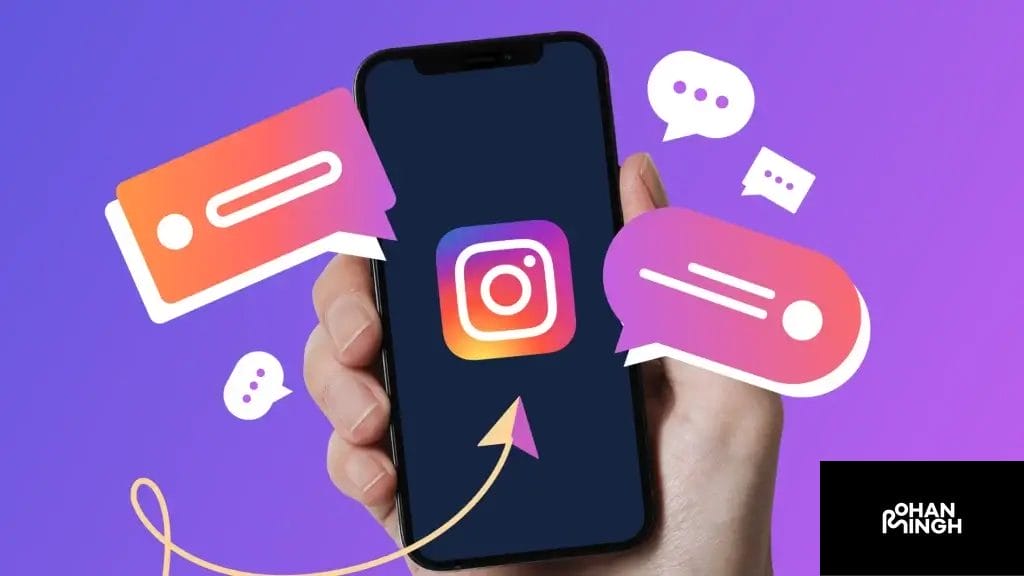
Automating Engagement and Replying to Comments
In today’s fast-paced marketing landscape, automating engagement and replying to comments has become crucial. This is where the power of AI in marketing comes into play. With the use of AI-driven tools and applications, businesses can streamline their customer engagement process, ensuring immediate response times and personalized interactions.
AI, through its ability to analyze vast amounts of data, can identify patterns in customer behavior and preferences. This enables brands to automatically tailor their responses to individual customers, ensuring a more personalized interaction. By utilizing AI in marketing, companies can not only save time and resources but also provide a seamless customer experience.
BuzzFeed is a prime example of a company that has successfully harnessed the power of AI to enhance customer engagement. Through AI-powered tools, BuzzFeed can analyze user interactions and preferences in real-time, allowing them to deliver highly personalized content recommendations. This level of customization not only increases customer satisfaction but also drives higher engagement and conversion rates.
By incorporating AI into the automation of engagement and comment replies, businesses can maintain a strong online presence, engage effectively with their audience, and ultimately drive growth. As AI continues to evolve, its role in marketing will only become more prominent, revolutionizing the way brands interact with their customers.
AI in marketing offers significant benefits when it comes to automating engagement and replying to comments. By leveraging AI-powered tools, businesses can ensure immediate responses and personalized interactions, ultimately enhancing customer engagement and driving business growth.
Email Marketing with AI
In today’s digital landscape, email marketing remains a powerful tool for businesses to connect with their audience. With the advent of artificial intelligence (AI), email marketing has become even more effective in delivering personalized and engaging content to customers. By leveraging AI technologies, businesses can optimize their email marketing campaigns, improve customer experience, and drive higher conversion rates.
1. AI-Generated Subject Lines:
One of the key challenges in email marketing is crafting compelling subject lines that grab the recipient’s attention. AI-generated subject lines can help businesses overcome this hurdle by analyzing data on customer preferences, past email engagement, and industry trends. Tools like Phrasee and Persado use deep learning algorithms to generate subject lines that resonate with customers, resulting in higher open rates and click-through rates.
2. Personalized Content Recommendations:
AI can effectively analyze customer data to understand their preferences and behaviors, enabling businesses to personalize the content of their email marketing campaigns. Tools like Sailthru and Dynamic Yield utilize AI algorithms to provide personalized product recommendations and content suggestions based on individual customer profiles. This level of personalization enhances customer engagement and increases the likelihood of conversion.
3. Automated Email Sequences:
AI can automate the process of sending tailored email sequences to customers based on their behavior and actions. By utilizing tools like Salesforce Einstein and MailChimp’s automation features, businesses can set up triggered emails that respond to specific customer actions, such as abandoned cart reminders or personalized welcome emails. This automation saves time and resources while ensuring a timely and relevant email communication.
4. Enhanced Customer Segmentation:
AI can segment customers based on various factors such as demographics, purchase history, and browsing behavior. This allows businesses to create highly targeted email marketing campaigns that are tailored to specific customer segments. Applications like Adobe Campaign and Optimizely enable businesses to leverage AI to segment their audience effectively and deliver personalized content that resonates with each customer group.
Incorporating AI into email marketing empowers businesses to deliver more personalized, engaging, and relevant content to their audience. By leveraging AI-generated subject lines, personalized content recommendations, automated email sequences, and enhanced customer segmentation, businesses can optimize their email marketing campaigns and drive higher conversion rates. The future of email marketing lies in the seamless integration of AI technologies, enabling businesses to stay ahead of the competition and provide customers with exceptional experiences.
Creating Personalized Subject Lines with AI
Creating personalized subject lines with AI in marketing is a powerful way to engage customers and improve email open rates. Studies have shown that personalized subject lines can increase email open rates by up to 50%!
To leverage AI in creating personalized subject lines, businesses can analyze vast amounts of customer data and behavioral patterns. By utilizing AI-powered tools and applications such as Phrasee and Persado, businesses can generate subject lines that resonate with individual customer preferences. These tools use deep learning algorithms to analyze factors such as past email engagement, industry trends, and customer demographics.
By leveraging AI, businesses can go beyond generic subject lines and deliver personalized messages that grab the recipient’s attention. For example, an AI-generated subject line may include the recipient’s name, a reference to their previous purchase, or a personalized offer based on their browsing behavior.
Personalized subject lines not only improve open rates but also enhance customer satisfaction and increase the likelihood of conversion. By utilizing AI in marketing, businesses can tap into the power of customer data and behavioral patterns to create captivating subject lines that leave a lasting impact. So, start leveraging AI in your email marketing campaigns to boost engagement and drive better results.
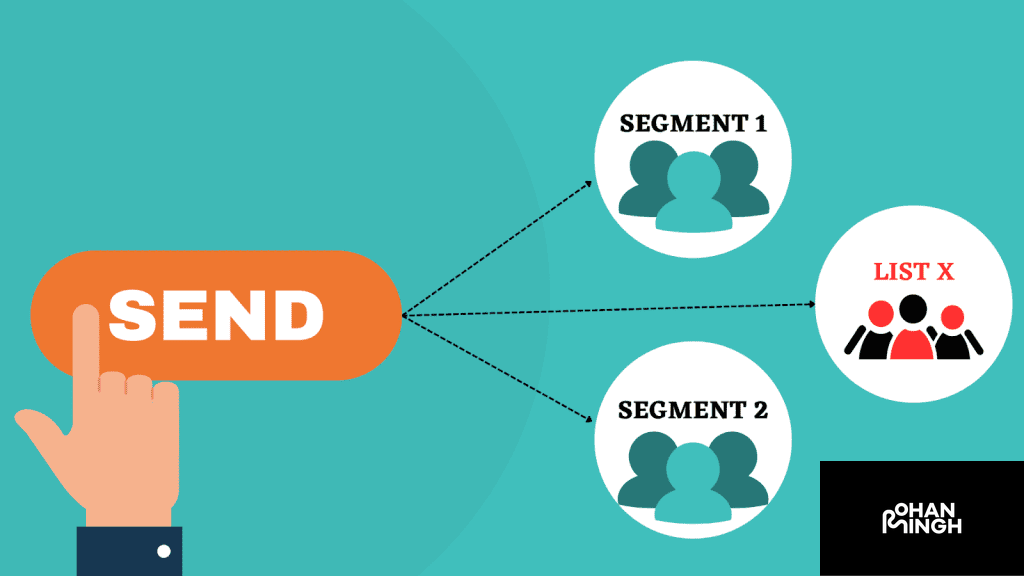
Segmenting Email Lists for Maximum Impact
Segmenting email lists is a crucial strategy for maximizing the impact of marketing campaigns. By dividing subscribers into specific groups based on various factors, businesses can tailor their email content to specific audience segments, resulting in higher engagement and conversion rates.
One way to segment email lists is based on subscribers’ interactions and engagement levels. By analyzing metrics such as open rates, click-through rates, and previous purchase history, businesses can gain insights into subscribers’ preferences and behaviors. AI-powered tools like Mailchimp and Constant Contact offer sophisticated segmentation features that automatically categorize subscribers based on their engagement levels. This allows businesses to send targeted emails to highly engaged subscribers, promoting products or offers most likely to resonate with them.
The benefits of segmenting email lists are manifold. Firstly, it ensures that subscribers receive content that is relevant and personalized to their interests. This increases the likelihood of engagement and encourages recipients to take action. Secondly, by sending targeted emails to specific segments, businesses can optimize their marketing efforts and achieve higher conversion rates. This approach allows for a more efficient allocation of resources and a higher return on investment.
By leveraging AI to analyze customer behaviors and habits, businesses can automate the process of segmenting email lists. AI technologies such as machine learning and natural language processing can analyze vast amounts of customer data and identify patterns and preferences. This enables businesses to deliver highly personalized email content without the need for manual segmentation. AI can even predict future behavior based on historical data, allowing businesses to proactively target subscribers with relevant offers or recommendations.
Segmenting email lists based on subscribers’ interactions and engagement levels is a powerful marketing strategy. By using AI to automate this process and deliver personalized content, businesses can achieve maximum impact in their campaigns. With the right tools and data analysis, businesses can optimize their email marketing efforts and drive higher engagement and conversions.
Developing Newsletters with AI-Generated Content
As an AI Marketing Expert, I would like to highlight the incredible potential of using AI-generated content for developing newsletters. Incorporating AI tools in the content creation process can revolutionize your newsletter strategy and lead to increased engagement and conversions.
One of the major benefits of using AI for creating newsletters is the time-saving aspect. AI tools such as OpenAI’s GPT-3 can generate high-quality and engaging content in a fraction of the time it would take a human. This allows marketers to focus more on strategic aspects of their campaigns rather than spending endless hours coming up with content ideas.
Additionally, AI-generated content can be personalized to cater to individual subscribers’ preferences and interests. By leveraging AI algorithms, you can analyze subscriber data, such as past interactions and browsing behavior, to tailor your newsletter content accordingly. This level of personalization can significantly increase engagement and customer satisfaction.
Furthermore, incorporating relevant keywords in your newsletter content is crucial for SEO and reaching a wider audience. AI tools can suggest popular keywords and phrases to optimize your content and improve its visibility in search engine results.
Segmenting email lists is another valuable strategy that AI can assist with. By analyzing subscriber data and behavior, AI algorithms can automatically segment your email lists based on factors such as engagement levels, previous purchases, and demographics. This allows you to send targeted newsletters to specific segments, increasing the likelihood of conversion.
To maximize efficiencies, you can automate your email campaigns using AI-powered tools like Mailchimp or ConvertKit. These platforms can schedule and send newsletters at optimal times, track open and click-through rates, and provide insights for further optimization.
Utilizing AI-generated content for developing newsletters offers numerous benefits, including time-saving content creation, personalized messaging, improved SEO, targeted segmentation, and automated campaigns. By incorporating AI into your newsletter strategy, you can harness the power of AI Marketing to drive better results and stay ahead of the competition.
Automation of Email Campaigns
Automation plays a pivotal role in email marketing campaigns, allowing businesses to streamline their efforts and achieve better results. By leveraging AI technology, marketers can take automation to the next level, enabling them to personalize and optimize their campaigns to drive engagement and conversions.
AI technology can analyze customer behaviors and habits to automatically send targeted emails for reordering products, re-engagement, and upsell offers. Using sophisticated algorithms and machine learning techniques, AI can segment customers based on their preferences, past purchases, and browsing patterns. This enables marketers to send highly relevant and timely emails to each segment, increasing the likelihood of conversion.
One of the key benefits of using AI in email campaigns is the ability to determine when a user needs support. AI algorithms can analyze customer interactions and engagement levels to identify those who may require assistance. By automatically triggering emails with personalized support and relevant resources, businesses can enhance the customer experience and improve satisfaction.
Furthermore, AI can optimize email personalization based on subscriber interactions and engagement levels. By continuously analyzing data, AI algorithms can adapt email content and recommendations dynamically. This ensures that subscribers receive tailored messages that resonate with their preferences and needs.
To automate email campaigns effectively, businesses can utilize AI-powered tools like Mailchimp or ConvertKit. These platforms offer features such as advanced segmentation, personalized content recommendations, and scheduling at optimal times. By leveraging these tools, marketers can save time and effort while delivering highly targeted and engaging email campaigns.
Automation of email campaigns with AI technology empowers businesses to deliver personalized and relevant content. By understanding customer behaviors, providing timely support, and optimizing email personalization, businesses can enhance their email marketing efforts and achieve measurable success.
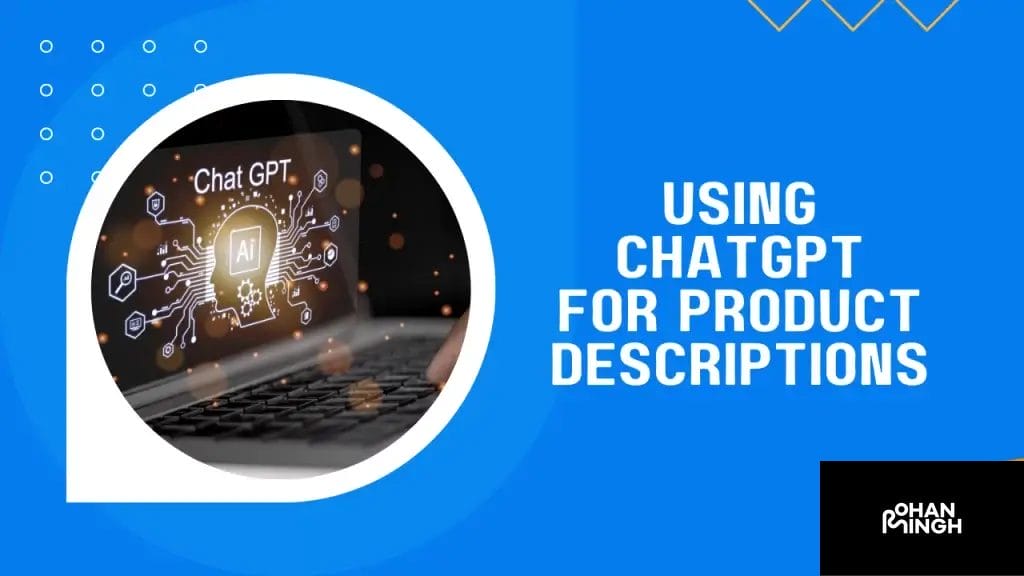
Product Recommendations & Descriptions with AI
In today’s ever-evolving marketing landscape, businesses are constantly seeking innovative ways to connect with their customers and drive conversions. With the advent of artificial intelligence (AI), marketers now have powerful tools at their disposal to improve the effectiveness of product recommendations and descriptions. By harnessing the potential of AI technology, businesses can create personalized and targeted content that resonates with their audience, without sounding like a robot.
Product Recommendations:
AI algorithms have the ability to analyze vast amounts of data, including customer behavior, preferences, and past purchases. This wealth of information enables businesses to generate accurate and relevant product recommendations for individual customers. By utilizing machine learning techniques and deep learning algorithms, AI can understand intricate patterns and make intelligent predictions about future behavior. These personalized recommendations not only enhance the customer experience but also increase the chances of driving sales and customer satisfaction.
Product Descriptions:
Crafting compelling and engaging product descriptions is a crucial aspect of marketing. AI-generated content can assist businesses in this process by utilizing natural language processing and deep learning technologies. By analyzing a wide range of existing product descriptions and customer reviews, AI can generate high-quality, human-like content that speaks directly to the target audience. These AI-powered writing tools provide a perfect blend of human intelligence and AI capabilities, resulting in product descriptions that are informative, persuasive, and tailored to the needs and preferences of customers.
To streamline the process of generating product recommendations and descriptions, businesses can leverage AI-powered tools and applications. Platforms like Dynamic Yield or Monetate employ sophisticated algorithms to analyze customer data and provide real-time product recommendations across various channels. Additionally, writing tools such as Copy.ai or Frase can assist in creating compelling and human-like product descriptions. By integrating AI into their marketing strategies, businesses can elevate their product recommendations and descriptions to new heights, effectively engaging customers and driving conversions.
Improving Customer Experience through Product Recommendations & Descriptions
As an AI Marketing Expert, I am here to enlighten you on how AI can significantly improve the customer experience through personalized product recommendations and descriptions. By leveraging AI algorithms, businesses can analyze customer behavior and preferences to suggest relevant products, ultimately enhancing the overall shopping experience.
With AI-powered tools and applications, such as AI Marketing, businesses can collect and analyze vast amounts of customer data. This allows the algorithms to gain deep insights into individual preferences, past purchases, and even future behavior. By harnessing this wealth of information, businesses can generate accurate and tailored product recommendations for each customer, increasing the likelihood of driving sales and customer satisfaction.
Moreover, AI can automatically update and optimize product information and descriptions, ensuring accuracy and relevance at all times. Through natural language processing and deep learning technologies, AI systems can analyze existing product descriptions and customer reviews. By doing so, they can generate high-quality and human-like content that speaks directly to the target audience, creating informative and persuasive product descriptions.
By embracing AI technology, businesses can elevate their marketing efforts to the next level, providing customers with a personalized and seamless shopping experience. So, why not make use of AI Marketing tools and applications to deliver outstanding product recommendations and descriptions, letting your customers feel like they are receiving tailor-made suggestions?
Automatically Updating Product Information & Descriptions
As an AI Marketing Expert, I understand the importance of accurately and up-to-date product information and descriptions. With AI-powered tools and applications, businesses can automatically update and optimize their product information, ensuring accuracy and relevance at all times.
By leveraging the power of AI, businesses can efficiently scale and manage large product catalogs. Gone are the days of manual and time-consuming updates. AI Marketing tools can seamlessly integrate with product databases, allowing for automatic updates whenever there are changes to prices, availability, or specifications. This not only saves time but also reduces the risk of human errors.
In addition to maintaining accuracy, AI Marketing can also significantly improve search engine optimization (SEO). Search engines prefer websites with fresh and relevant content. With AI, businesses can ensure that their product descriptions are always up-to-date, using the latest keywords and trends to attract more organic traffic.
Moreover, AI Marketing can utilize natural language generation (NLG) technologies to create compelling and engaging product descriptions. NLG algorithms analyze existing product descriptions and customer reviews to generate human-like content that speaks directly to the target audience. This helps grab customers’ attention, enhance their understanding of the product’s features and benefits, and ultimately increases the likelihood of conversions.
By leveraging AI Marketing to automatically update product information and descriptions, businesses can save time, improve SEO, and create persuasive content that drives sales. Embracing this technology is crucial in today’s competitive digital landscape. So, start harnessing the power of AI to stay ahead of the curve and elevate your marketing efforts.
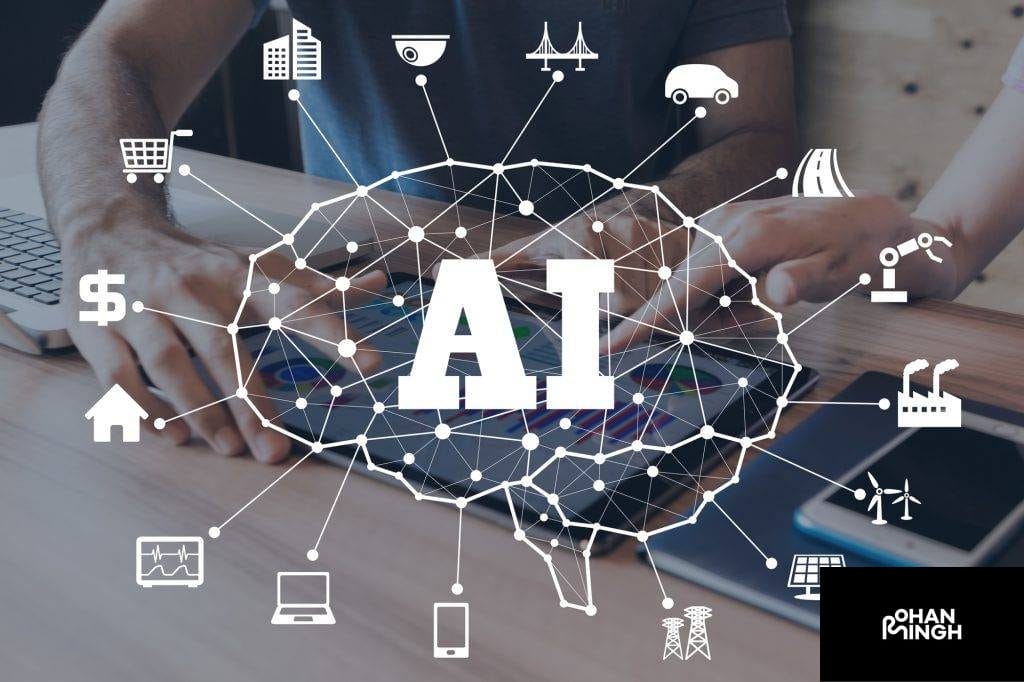
Conclusion
In conclusion, AI Marketing has emerged as a powerful tool for businesses to streamline their marketing efforts and enhance their customer experiences. By leveraging AI technologies, businesses can efficiently manage large product catalogs, ensure accurate and up-to-date content, and improve their search engine optimization. Furthermore, the use of natural language generation algorithms allows for the creation of engaging and persuasive product descriptions that speak directly to the target audience.
Understanding the impact of AI on marketing strategies and customer behaviors is crucial for businesses to stay ahead in the digital age. AI can provide valuable insights into customer preferences and behavior patterns, enabling businesses to tailor their marketing strategies accordingly. By harnessing the power of AI, businesses can make data-driven decisions, optimize their marketing campaigns, and enhance customer satisfaction.
Moving forward, there are key areas that require further research and exploration. Firstly, the changes in marketing strategies brought about by AI technologies need to be studied, including the adoption of AI-powered tools and applications. Secondly, understanding customer behaviors in the context of AI Marketing is essential to effectively engage and connect with target audiences. Lastly, issues related to data privacy and ethics must be addressed to ensure the responsible use of AI in marketing.
In conclusion, AI Marketing presents an exciting future for businesses, providing opportunities for growth, efficiency, and improved customer experiences. By embracing AI technologies and conducting further research, businesses can stay at the forefront of the ever-evolving marketing landscape.
FAQs
What is AI Marketing?
AI Marketing refers to the use of artificial intelligence technologies in marketing strategies and campaigns. It involves leveraging AI algorithms and tools to enhance customer experiences, optimize marketing campaigns, and improve content development.
What are the benefits of using AI in marketing?
AI in marketing offers several benefits. Firstly, it enables personalized experiences by analyzing user behavior and preferences. This allows businesses to deliver targeted and relevant content to their audiences, resulting in higher engagement and conversions. Secondly, AI can provide valuable insights into customer behaviors, helping businesses optimize their marketing strategies and campaigns. Lastly, AI-powered tools and applications can automate various marketing tasks, saving time and resources for businesses.
How does AI help in content development?
AI technologies can greatly improve content development by generating high-quality and engaging content. By using AI-generated content, businesses can save time and resources while ensuring consistent messaging. AI tools can also analyze user data to understand what type of content resonates best with the target audience, enabling businesses to create more effective marketing materials.
Will AI replace human marketers?
No, AI will not replace human marketers. While AI can automate certain tasks and provide valuable insights, human creativity and strategic thinking are still essential in marketing. AI serves as a powerful tool to enhance marketing efforts, allowing marketers to focus on more strategic and creative aspects of their work.
How Can ChatGPT Empower Your Laravel Factory Creation?, Ready to Optimize? How Can You Truly Master Google Bard?, How Can You Integrate Your Own Data with ChatGPT?, How to Create an Effective Digital Signage Marketing Strategy?, What Makes an Effective Beer Branding Strategy?, How to Develop an Effective Ecommerce CRM Strategy?, How to Optimize Your University’s Social Media Strategy?, Zappos Social Media Strategy: Leveraging Digital Platforms for Success, Unveiling Blue Apron’s Dynamic Marketing Strategy: Enhancing Culinary Experience through Innovative Campaigns, What distinguishes a digital strategy from digital marketing?, What is the Role of Predictive Analytics in Marketing Strategy, Specifically for Facebook?, How Do Harry Potter and Voldemort Differ in Marketing Strategies?, What Differentiates a Go-to-Market Strategy from a Marketing Plan?, How Do Marketing Tactics and Strategy Differ in Playboy’s Approach?
What’s the Relationship Between Marketing and Design Strategy?, How Does Digital Marketing Strategy Differ from Traditional Marketing Strategy?, How Does Brand Strategy Align with Integrated Marketing?, What differentiates a marketing campaign from a marketing strategy?, What is the difference between marketing strategy and marketing mix?, What is the difference between marketing strategy and business strategy?, What are the key differences in marketing strategies for profit and nonprofit organizations?, What Is the Difference Between Marketing Strategy and Growth Strategy?, What’s the Difference Between Marketing Strategy Position and Execution?, How Does Consumer Behavior Influence Marketing Strategy?, What sets apart a marketing strategy from strategic marketing?, What Sets Apart Communications Strategy from Marketing Strategy?, What Are Some Examples of Content Strategy vs Content Marketing?, How does the battle between good and evil influence marketing strategies?, How Did Cheetos Utilize a Marketing Strategy with Plants vs. Zombies?
What Marketing Strategy Did Cheetos Employ for Plants vs. Zombies Collaboration?
Rohan Singh | May 1, 2024 | Acquisition What Marketing Strategy Did Cheetos Employ for Plants vs. Zombies Collaboration? Background on Cheetos Cheetos, a popular brand of cheese-flavored snacks, has made a name for itself with its bold and playful marketing strategies. Known for its irreverent and creative campaigns, Cheetos has consistently found unique ways […]
What Marketing Strategy Did Cheetos Employ for Plants vs. Zombies Collaboration?
Rohan Singh | May 1, 2024 | Acquisition What Marketing Strategy Did Cheetos Employ for Plants vs. Zombies Collaboration? Background on Cheetos Cheetos, a popular brand of cheese-flavored snacks, has made a name for itself with its bold and playful marketing strategies. Known for its irreverent and creative campaigns, Cheetos has consistently found unique ways […]
What Differentiates Differentiated Marketing Strategy from Undifferentiated?
Rohan Singh | April 30, 2024 | Acquisition What Differentiates Differentiated Marketing Strategy from Undifferentiated? Definition of Differentiated Marketing Strategy A differentiated marketing strategy is a targeted approach that focuses on creating unique products or services to meet the specific needs and preferences of different customer segments. It recognizes that customers have diverse tastes, preferences, […]
What Sets Apart the Marketing Concept from a Marketing Strategy?
Rohan Singh | April 29, 2024 | Acquisition What Sets Apart the Marketing Concept from a Marketing Strategy? Definition of Marketing Concept The marketing concept is a philosophy that places the customer at the center of all marketing activities. It focuses on understanding the needs and wants of the target market and delivering value to […]
Which promotional mix strategy targets market channel members?
Rohan Singh | April 28, 2024 | Acquisition Which promotional mix strategy targets market channel members? When it comes to promoting a product or service, companies utilize various strategies to reach their target audiences. One key strategy that directs marketing efforts toward market channel members is known as trade promotion. Trade promotion is a type […]
Should charter schools adopt regional or national marketing strategies?
Rohan Singh | April 27, 2024 | Acquisition Should charter schools adopt regional or national marketing strategies? Purpose When it comes to marketing strategy in the field of charter schools, two broad approaches can be taken: regional and national. Each approach has its purpose and benefits depending on the goals and aspirations of the charter […]
Topics :
Share :

